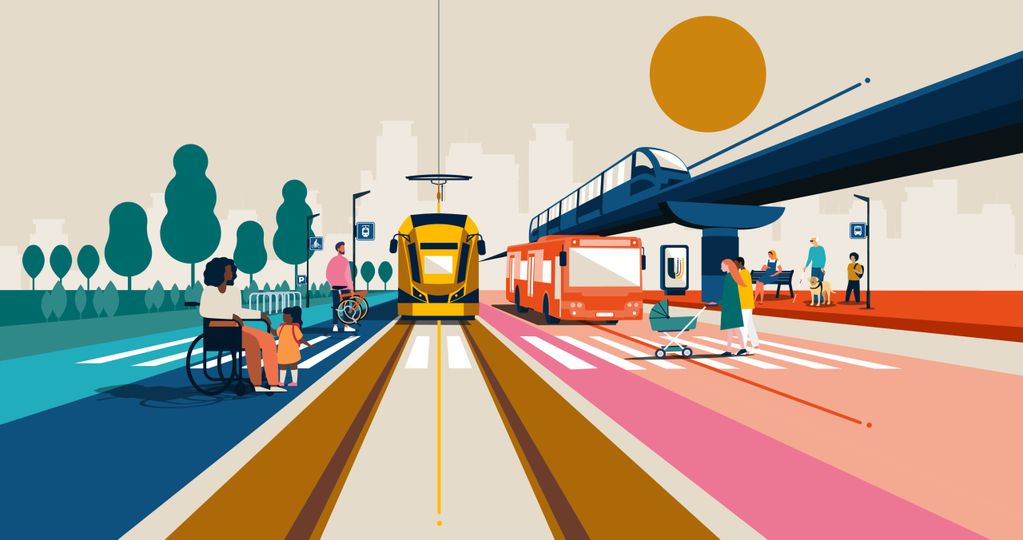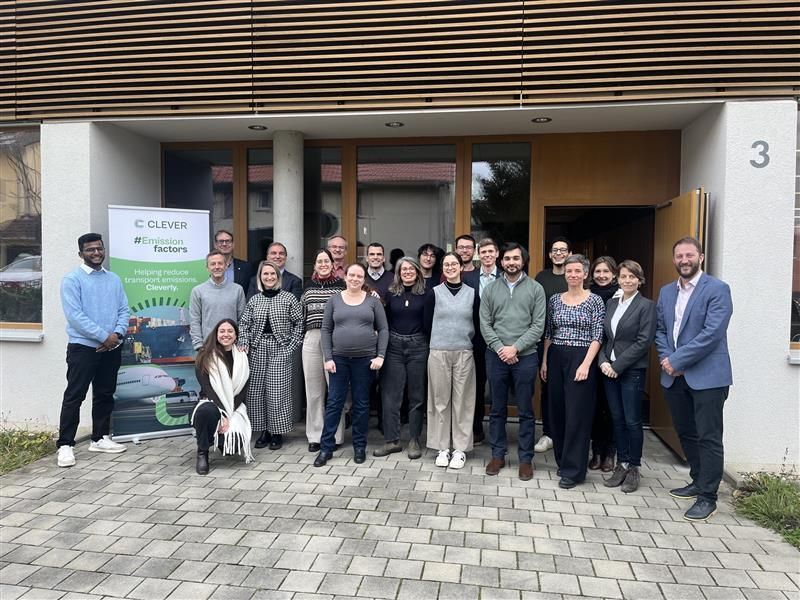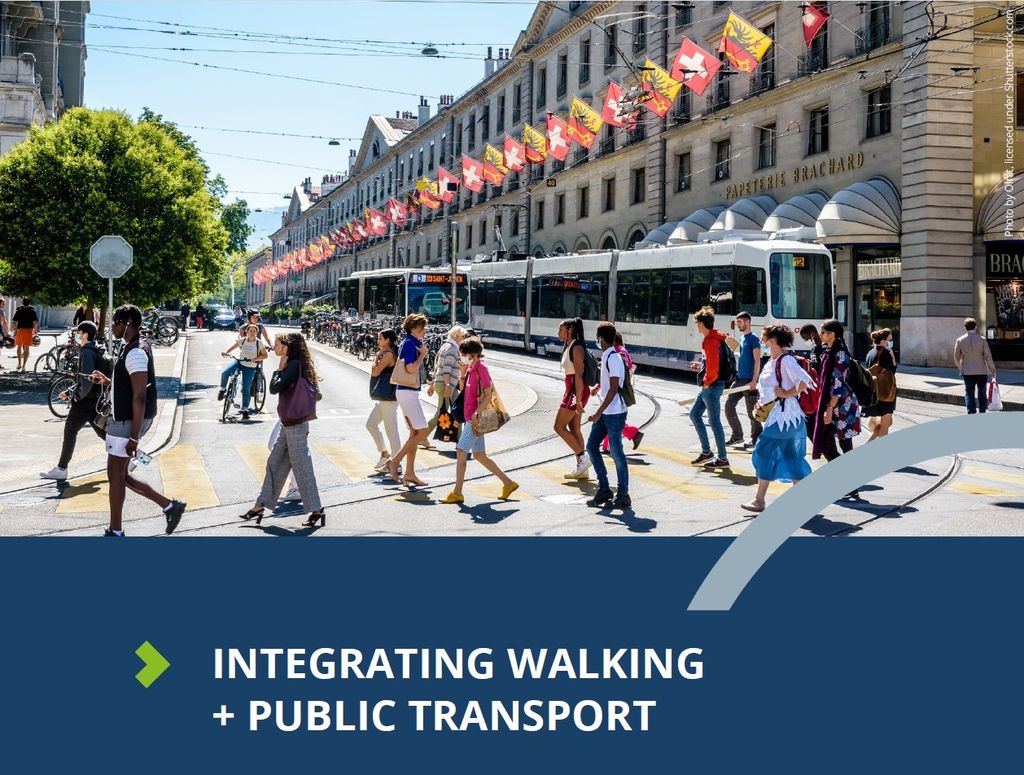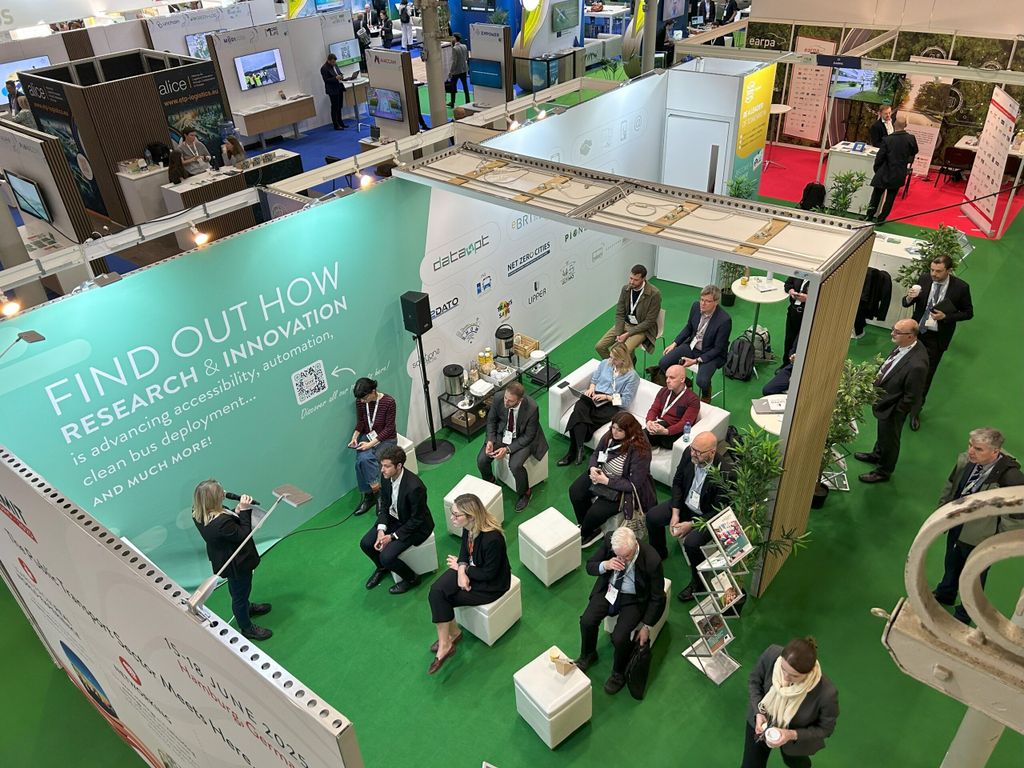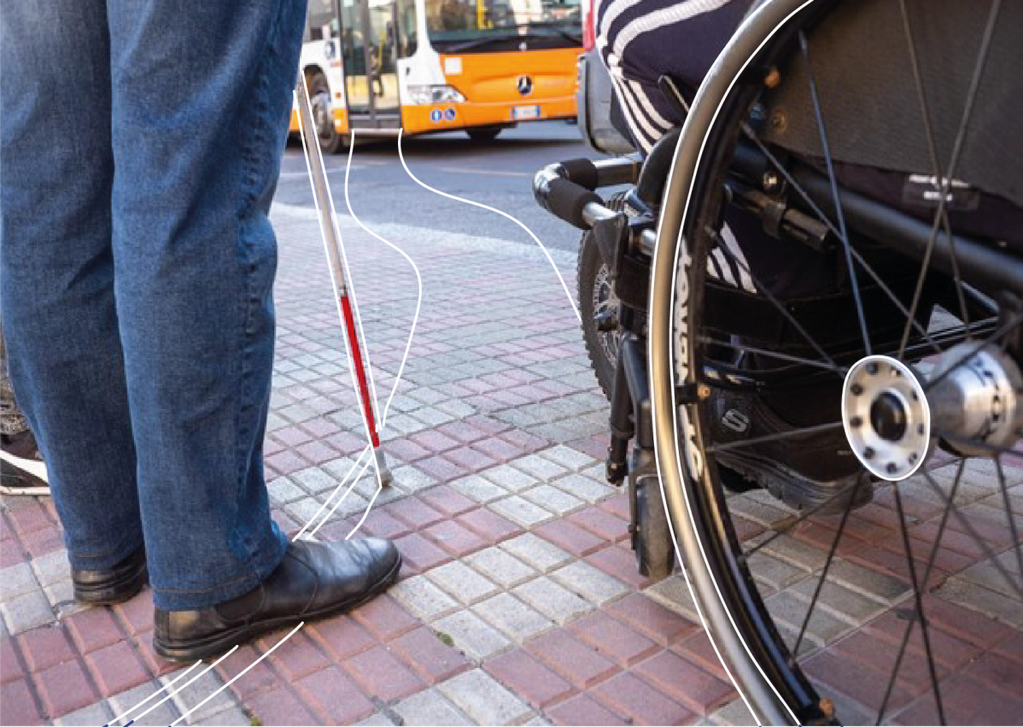
TRIPS project reaches the last stop on the journey to accessible mobility
Leaving no passenger behind…
Earlier today, partner organisations from the TRIPS project joined for one last time to mark the end of the project. TRIPS, which stands for TRansport Innovation for Persons with disabilities needs Satisfaction, was an EU-funded H2020 research project focusing on making public transport and shared services more accessible for persons with disabilities, elderly voyagers and… well, everyone. UITP has been involved in the project for the past four years.
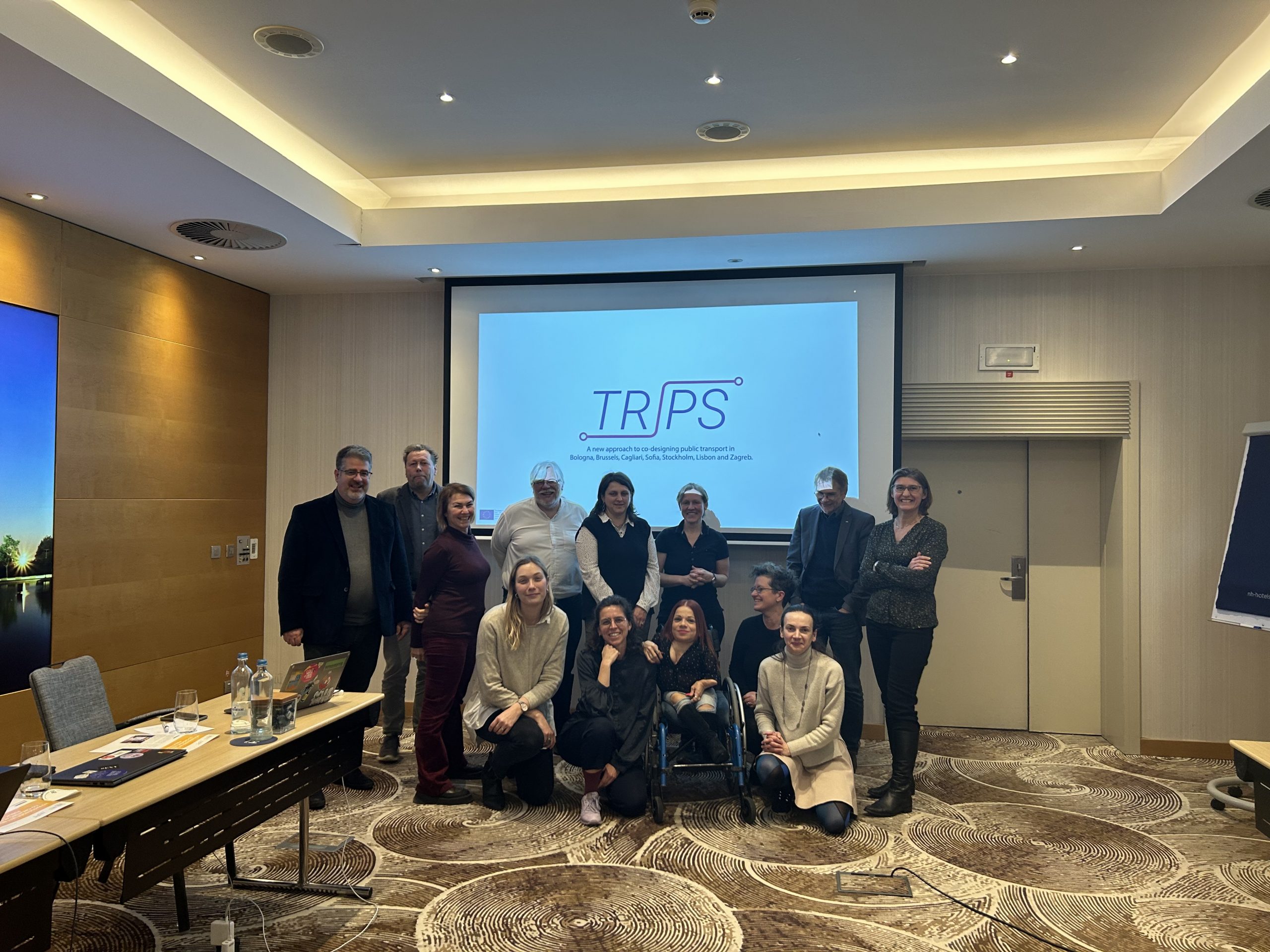
Today, 87 million European citizens face long-term physical, mental, intellectual or sensory impairment – that’s one in four adults. By ratifying the UN Convention on the Rights of Persons with Disabilities, the EU and all Member States have committed to respect the rights of people with disabilities, including the right to mobility and independent living. In practice however, these rights have not yet been implemented in large parts of the EU and many of today’s transport systems remain inaccessible.
As a consequence, people are disabled from accessing job opportunities, education, social and leisure activities and other services. This limits lifestyle choices, reinforces exclusion from local communities, and ultimately blocks people from participating in society as full and independent citizens.
A new approach to designing transport systems free of mobility barriers
Over the space of four years, the project partners collaboratively designed and demonstrated practical steps to empower people with mobility challenges, and for such users to play a central role in the design of inclusive digital mobility solutions.
This was done through a co-design process, empowers all actors in the process – most notably users – to participate, based on shared knowledge and equal partnerships.
Unfortunately, this is not yet a commonly adopted practice in many industries including public transport. Building on the partners’ expertise, TRIPS developed a ‘co-design-for-all methodology’, which was piloted in seven European cities – Lisbon, Zagreb, Bologna, Cagliari, Brussels, Sofia and Stockholm.
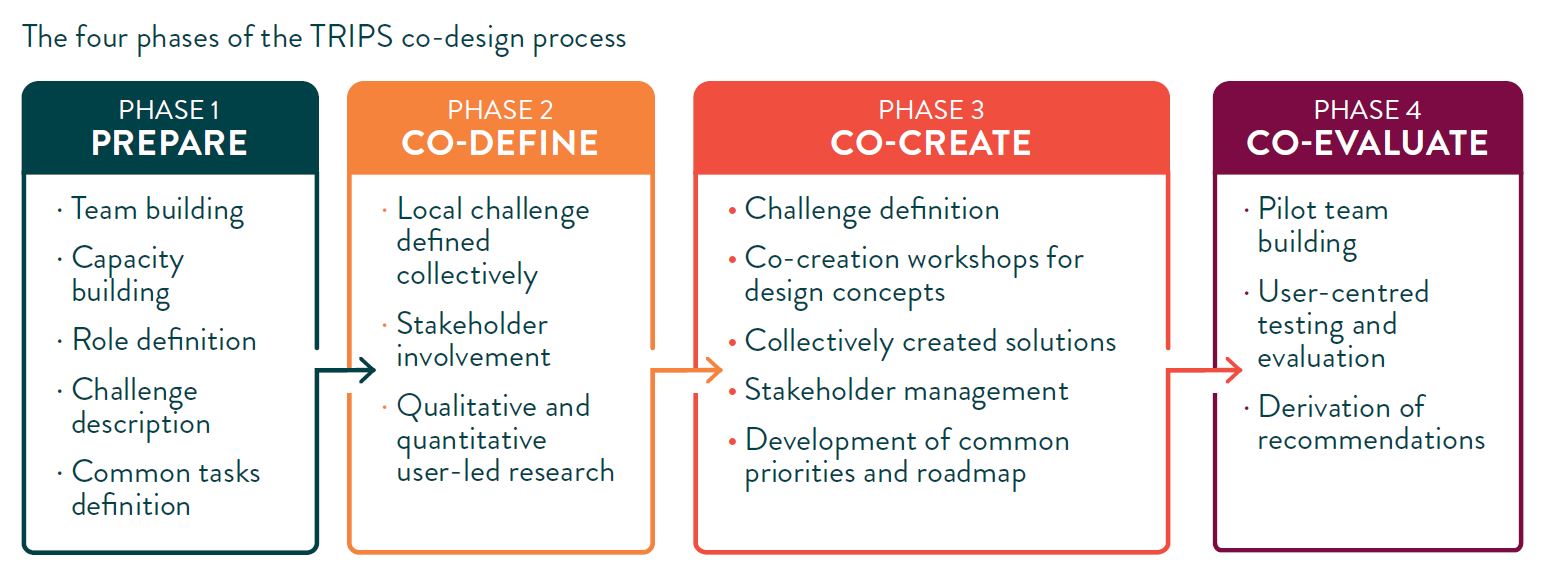
Each city worked on local challenges. For example, Bologna improved their bus fleet for wheelchair users and persons with visual impairement, Cagliari mapped accessibility routes from bus stops to destinations in the city centre and Lisbon tackled challenges with their ticketing systems.
A clear output from the pilots was how well the co-design methodology worked and all seven cities are either integrating an accessible journey planner app with their already existing local app or with a brand new app. In response to this, TRIPS developed a Mobility Divide Index application to support cities identify their accessibility gaps based on the feedback of users with disabilities and access needs.
Check out the Co-design toolkit and Mobility Divide Index
Policy and industry recommendations
Based on the project’s research findings, a roadmap was developed which outlines the industry and policy recommendations for adopting citizen-driven mobility innovations as standard industry practice.
UITP has published a summary of the extensive roadmap and offers details on key actionable recommendations:
- Adopt a participatory innovation approach
- Adopt user-centric KPIs on accessibility
- Set inclusive innovation priorities
- Commit to a new set of organisational values

It is pivotal for public transport and shared services to remain a feasible option for everyone in society. I am incredibly proud of the work from TRIPS, utilising co-creation as a tool for inclusive transport. Operators, authorities and mobility providers want to ensure they are funding mobility projects that work for all, and to develop long-lasting frameworks and standards that work in everyone’s interests. The project may be ending but this is only the beginning.
Only by working with users can the public transport authorities, operators and service providers truly identify the key barriers, prioritise innovation opportunities and design the systems that can provide mobility for all.
As part of the TRIPS project, UITP signed the “Lecco declaration of Accessible and Inclusive Public Transport” and we are proud to see more members getting on board. The declaration provides a framework for aligning key principles that organisations can use to improve implementation of accessibility to achieve genuinely accessible public transport. Want to know more?


